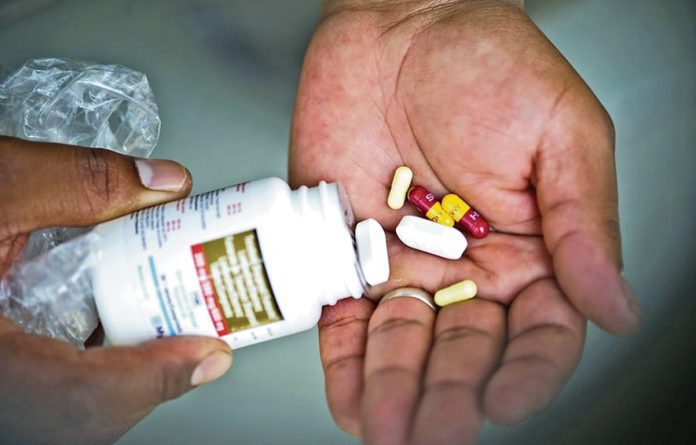There is a significant number of people who have defaulted on their HIV and TB treatment around the Sethokga hostel in Thembisa, east of Johannesburg.
This has been picked up by the Gauteng department of health‘s system recently.
According to the department in the province, the majority of these individuals are the residents of Freedom Square, an informal settlement in the area.
MEC for health and wellness in Gauteng, Nomantu Nkomo-Ralehoko, also revealed that there is a high number of children who have missed their routine immunisation as per the Road to Health Card.
Taking services to the people
On Friday, Nkomo-Ralehoko visited the area as part of taking healthcare services to the doorsteps of communities across the province.
“The Gauteng department of health is rendering a basket of health services for the much older community members, which include STI [sexually transmitted illnesses] and HIV testing, hypertension and diabetes screening, pap smears, family planning, and pre-exposure prophylaxis (PrEP),” the MEC said.
She further shared that over 150 people tested for STIs, HIV, hypertension and diabetes, while six did a pap-smear screening.
Five received an implant contraceptive device for prevention of pregnancy, and one person was initiated on PrEP to protect against HIV infection.
This comes after the department’s February announcement that there had been an increase in reported STI cases.
Resurgence of infections is worrying
The department described the resurgence of sexually transmitted infections in Gauteng as worrying, citing an increase in newly acquired STIs, in particular gonorrhoea and chlamydia,.
Meanwhile, a total of 69 children in the informal settlement have received their catch-up immunisation, which includes doses of measles and Tetanus diphtheria vaccines, Vitamin A and deworming tablets, among others.
Nkomo-Ralehoko also said that the department has intensified this programme across townships, informal settlements, and hostels in the province to raise awareness about health services at communities’ disposal.
This is also to ensure that those who have defaulted on treatment are put back on track to improve their health outcomes.



